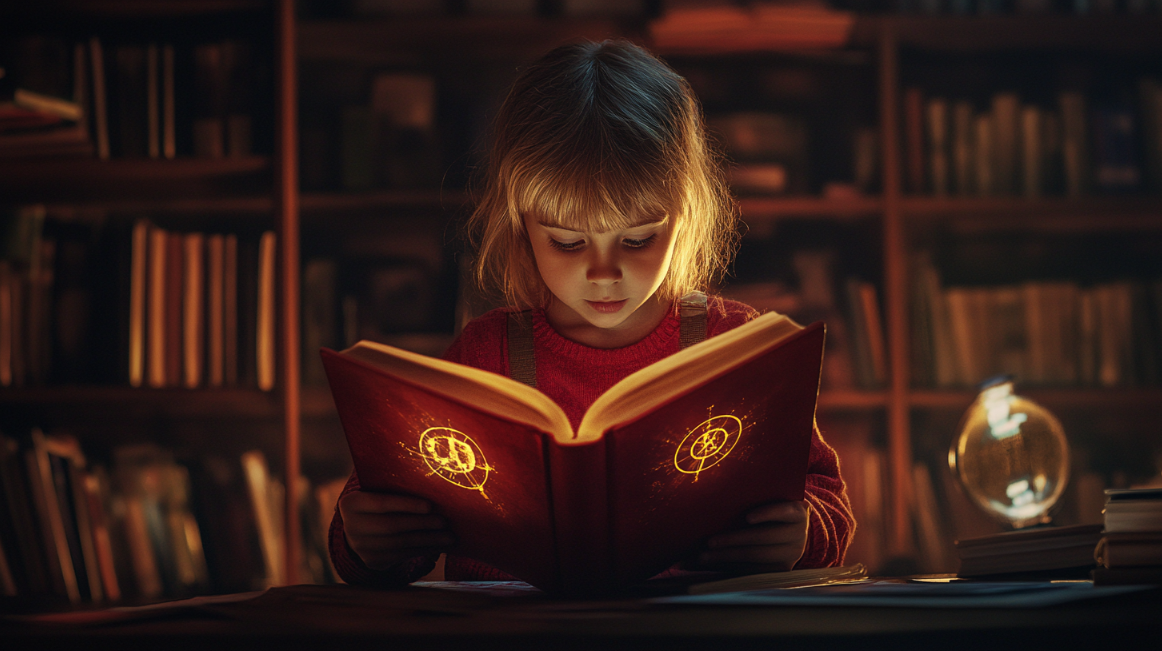While it’s good to have an instinctive reaction against censorship, some books should be banned for some people in some circumstances.
The phrase “book banning” conjures up images of Puritans, McCarthyism, and even Nazis. It’s very un-American.
A series of Supreme Court decisions starting in the 1950s overturned efforts to censor content and affirmed the rights of adults to read what they want – with some minor exceptions. Importantly, they also affirmed the rights of states to protect children from certain material.
That seems to have been a strong consensus ever since. Until now.
The consensus has been broken in at least two ways.
- Efforts to restrict content available to children have been falsely labeled as “book bans.” This is dishonest because the argument over banning books has always made a distinction between content for children and content for adults. To gloss over that distinction misrepresents the issue. It is perfectly appropriate to restrict what children have access to.
- There’s growing support for the idea that the government can decide what content is mis-, dis-, or mal-information, and pressure social media companies to censor it.
I find that second concept horrifying and straight out of a totalitarian playbook. Do people really want to give the government the right to determine what can and can’t be said? It makes me shudder.
I gave this article the provocative title, “Yes, we should ban books.” What do I mean by that?
First, it is appropriate for parents and communities to regulate what content is available to children. As I noted above, that shouldn’t be called a “book ban,” so … yes, I’m having that both ways so I can say something provocative. (In other words, I’m saying “yes, we should ban some books for children” and at the same time saying that’s not really a “book ban.”)
Second, some content should be illegal even for adults. Child pornography comes to mind. Something like “How to make a nuclear bomb in your basement” … Well, I’m not sure about that. Reasonable people can differ. But there are some limits even on what adults should have access to.
The conclusion is that while our excellent free speech culture might lead us to have an instinctive negative reaction to the concept of “book bans,” we have to look a little closer to make sure we understand what’s going on. There are some situations where books should be banned for some people.
In other news, I just published a book that should not be banned. What is a Customer Data Platform? And why should I care? You can get the paperback from Amazon with that link, or you can download the e-book version right now.




